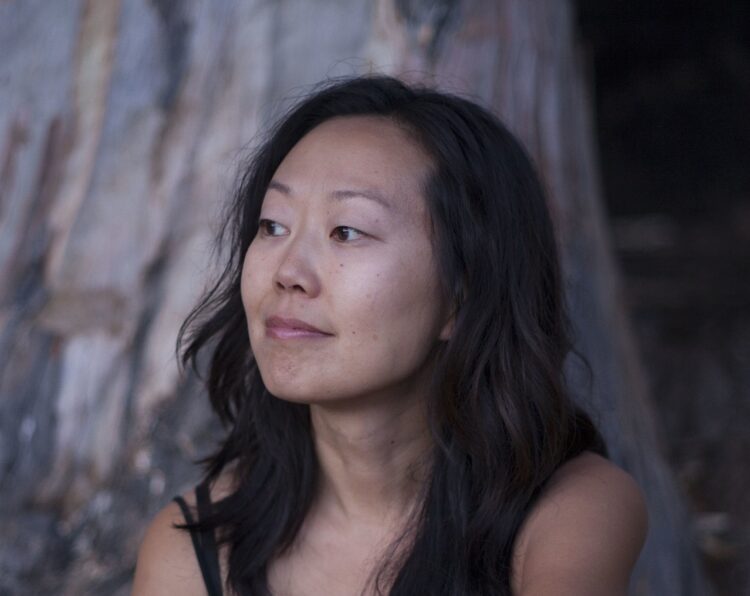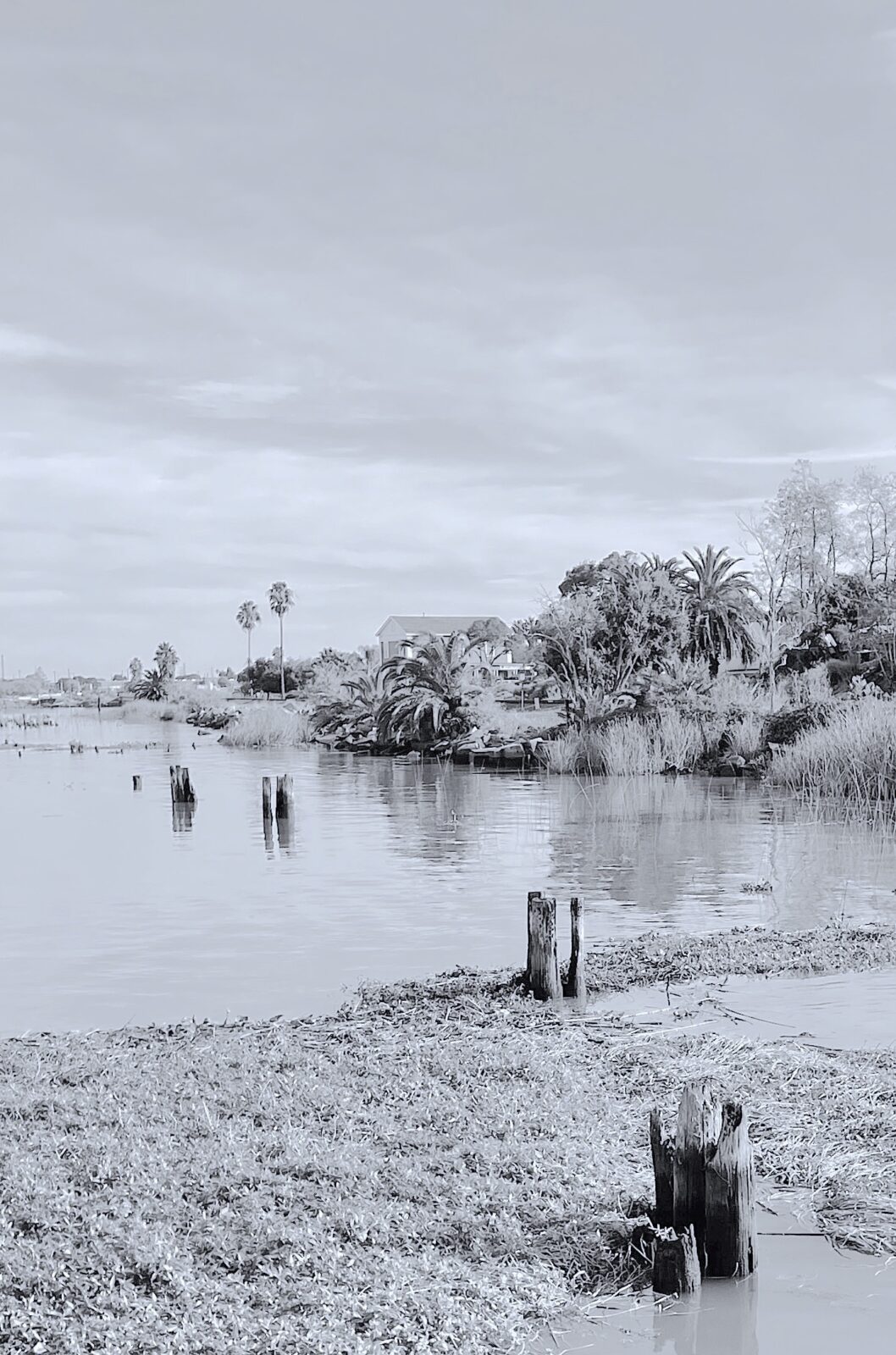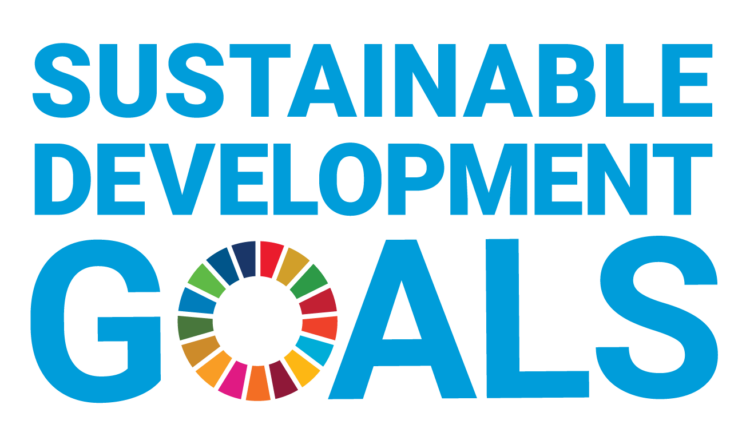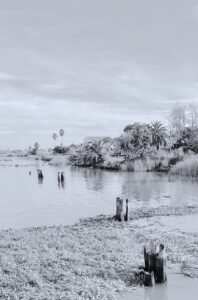
Christy Chan
Richmond, California
Christy Chan received the Creative Capital Award in 2024. Artist Christy Chan creates public art projects that question the everyday power structures that uphold white supremacy in the United States. Using a combination of video, projection art, installation, performance, object-design, and social practice, her projects are often participatory, city-wide platforms that aim to draw citizens from under-represented communities together to speak their truths. Past projects include Fainting Couch (2022), Dear America (2021), Everybody Eats Lunch (2019), Inside Out (2019), and I Still Live Here (2017). In 2021, following the censorship of her work for critiquing a U.S. president, Chan evolved her practice to bypass traditional municipal and institutional processes and founded Dear America, a guerrilla public art project that projects the art works of AAPI artists on to high rise buildings in urban areas in response to anti-Asian racism. Chan’s work has been exhibited throughout the U.S, at Yerba Buena Center for the Arts, Mills College Art Museum and Southern Exposure in the San Francisco Bay Area; Wassaic Project x NY Council of the Arts in New York; Film Independent in Los Angeles; Utah Museum of Contemporary Art in Salt Lake City; Bemis Center for Contemporary Art in Omaha; and on NPR, among other cultural institutions She has been awarded residencies and support from Montalvo Arts Center, SFFILM Film House, Santa Fe Art Institute, the California Arts Council, Berkeley Film Foundation, and others institutions. She is a 2022 Guggenheim Fellow in Visual Art.
Events
- P L A C E : Reckonings by Asian American Artists March 23–August 11, 2024


This Way In
Christy Chan creates community-driven public art projects that question the everyday power structures and social norms that uphold white supremacy in the United States.
Artist BioFor much of Californian and American history, it was illegal to exist in an Asian body. Antioch, California, was one of the first towns in the U.S. to pass “sundown” laws in the 1870s, banning Chinese-Americans from conducting basic civic and community life after dark. The reasons were xenophobia. Politicians at the time warned that Chinese-Americans carried diseases and that gatherings of people with “yellow” faces were dangerous. During its sundown era, Antioch’s lawmakers believed they’d successfully confined Chinese-Americans to their residences. However, they were unaware that underneath the streets, the Chinese community was enacting a nightly resistance. They built and traveled through a system of tunnels that secretly connected the community. The tunnels were such a well-kept secret that they weren’t discovered by city leaders until the 1990s; the tunnels and its entry points currently remain under-researched and unmarked. This Way In will gather fifth-generation Chinese-Californians to co-create a series of public art installations that mark the locations of the tunnels for the first time. Chan plans to search for descendants of the tunnel builders, gather their families’ stories of resistance, and install an above-ground series of site-specific, outdoor, night-time video projections. These projections will reveal the locations, ephemera, and stories of the tunnels directly below the city streets. The project would culminate in Table for 1,000, an outdoor quarter-mile-long, traditional Chinese “ghost” ancestral feast, with chairs for both the spirits of the Antioch tunnel builders and Asian-Americans currently living in the Bay Area.



